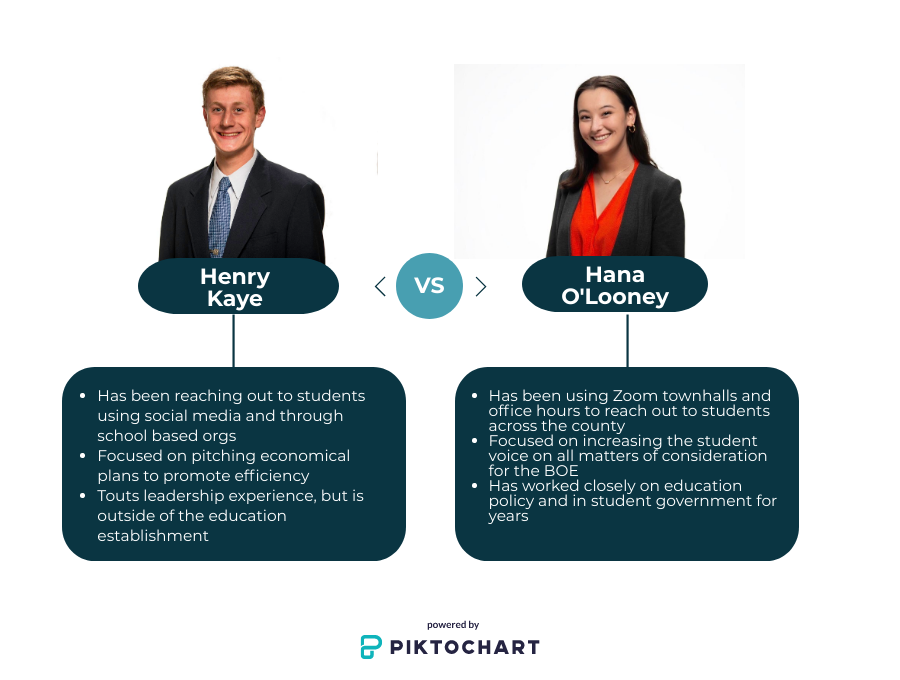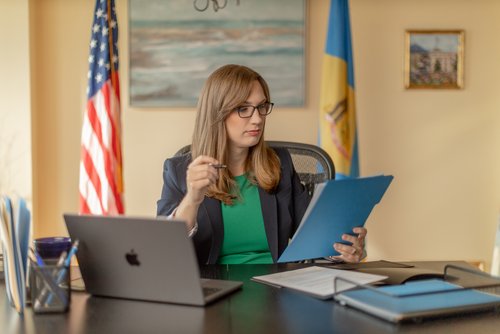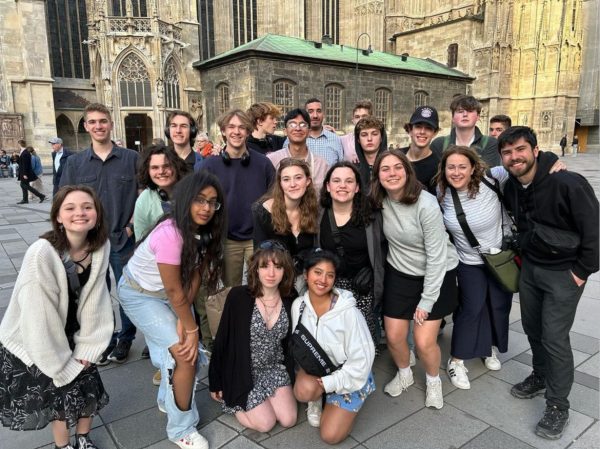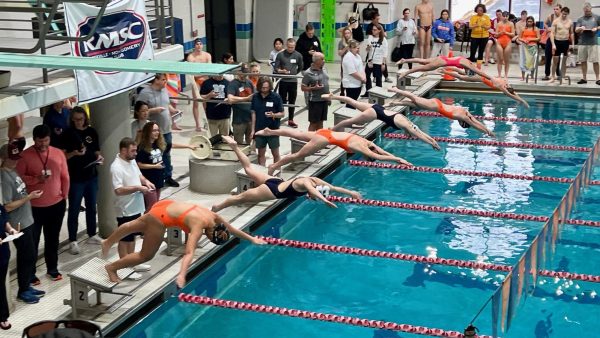SMOB Campaign Goes Online
The campaign for the MCPS Student Member of the Board of Education (SMOB) kicked off on Feb. 17, when the SMOB nominating committee selected Henry Kaye and Hana O’Looney as finalists. Kaye and O’Looney are both juniors at Richard Montgomery High School.
The winner of the April 21 election will become a voting member of the Board of Education (BOE). They will vote on the nearly $2 billion budget of the BOE and will represent the roughly 160,000 students of MCPS.
In past SMOB campaigns, candidates have travelled across the county, drumming up support from middle and high school students. However, this year, the COVID-19 pandemic has upended the usual in-person campaigning, forcing candidates to use virtual platforms to spread their campaign messages.
O’Looney and Kaye both use social media platforms such as Instagram to spread their message to voters. They also host virtual town halls up and down the county to answer students’ questions about their campaigns and to gauge student perspectives on issues such as reopening schools, education equity and infrastructure.
“It is really difficult and there is nothing that I’d like more, in terms of this campaign, than to be in person, handing out stickers and having those conversations with people during their lunch periods,” O’Looney said. “But unfortunately I have to work with what we are able to do and what’s safe.
O’Looney has been working one on one with the school administration of every middle and high school to set up Zoom town halls, though she has left the onus on schools to operate the logistics. She also has office hours, where she will occasionally open a Zoom meeting during lunch for students who are interested in her campaign.
Kaye has used similar strategies to reach out to students including social media activity and town halls. Kaye hosted a town hall with the RHS Latinx Leadership Club on March 5 to talk about issues facing the Latino community within the school system.
While SMOB campaigns of the past have included promises to unblock certain social media platforms on school WiFi and add a food truck option to schools for lunches, the current campaign has a more somber tone. The COVID-19 pandemic has highlighted persistent inequities in MCPS related to food insecurity, technology access and educational outcomes, and it will fall on the next SMOB to help solve these problems.
“A lot of students have talked about inequities; a lot of those inequities emanate from the fact that we’re struggling in the online setting. But inequities in teaching, counseling, and policing are also some of the big themes that we’re seeing that we absolutely have to tackle,” Kaye said.
Voters resonate with both candidates’ promises to bring students from different backgrounds into the fold. However, the fact that both candidates are from Richard Montgomery, a wealthy school with more SMOBs than any other school in MCPS history, is tinting the race with sentiments of exclusionary elitism within countywide student politics.
“I absolutely think that students should be concerned,” O’Looney said, in reference to both candidates coming from Richard Montgomery. “Students in other parts of the county see the same faces in student government year after year and they are being excluded from the process.”
Kaye has centered his campaign around what he sees as common sense, economical solutions to many of the problems facing MCPS students. He also highlights the fact that he does not come from the Montgomery County Regional Student Government Association (MCR), giving him an outsider’s perspective.
“I bring a real economic know-how. I’ve sat down, I’ve crunched the numbers; I’m developing an economic advisory council because I really believe there’s inefficiencies within our system. If we can stop those inefficiencies and reinvest back into our system then we can create equity,” Kaye said.
However, O’Looney sees her background in student government and advocacy as one of her campaign’s biggest strengths, pointing to her successful advocacy on issues such as ending PARCC testing and creating a pilot program to distribute free menstrual products in school bathrooms.
“I’m not just talking about changes. I haven’t waited for this position to come to me in order to make changes. I have dedicated pretty much every spare moment from the past five years of my life to educational equity, to working with MCPS and I have a real track record to prove it,” O’Looney said.
Fundamentally, underlying each campaign is a broader philosophical view of public education policy, and those philosophies are evident in the policy positions that both candidates highlight in their respective campaigns.
Kaye’s philosophy of public education revolves around three interrelated principles: economics; democratic participation; and education equity.
“There’s an economic aspect in that every student should be able to enter the workforce whether that’s through college or career training. There’s a social aspect in that every student should know how to create change. And finally there’s the aspect that says that every student should be able to get a quality education that they wouldn’t otherwise receive,” Kaye said.
O’Looney believes that the primary purpose of public education should be giving students an adequate platform for whatever post-secondary plans a student might have including college, career and technical training, and entering the workforce.
“The purpose of public education is to provide students an adequate foundation for the rest of their lives…through building skills, building interpersonal communication skills, through usable knowledge—not just how to pass standardized exams, not just how to fill out a scantron, but how to do your taxes and how to manage your finances, how to write an email and do a resume and do an interview,” she said.
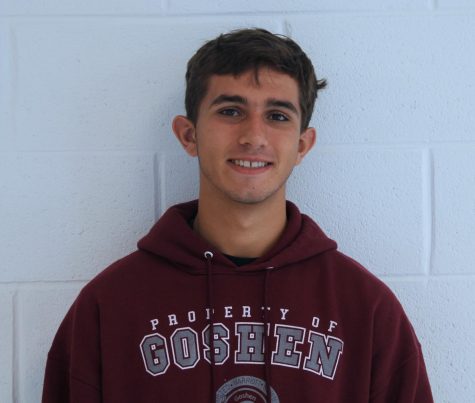
Junior Ben Kushner is starting his first full year at the Rampage as Copy Editor and News Managing Editor. He completed Intro to Journalism his sophomore...


